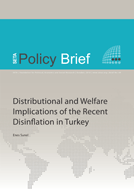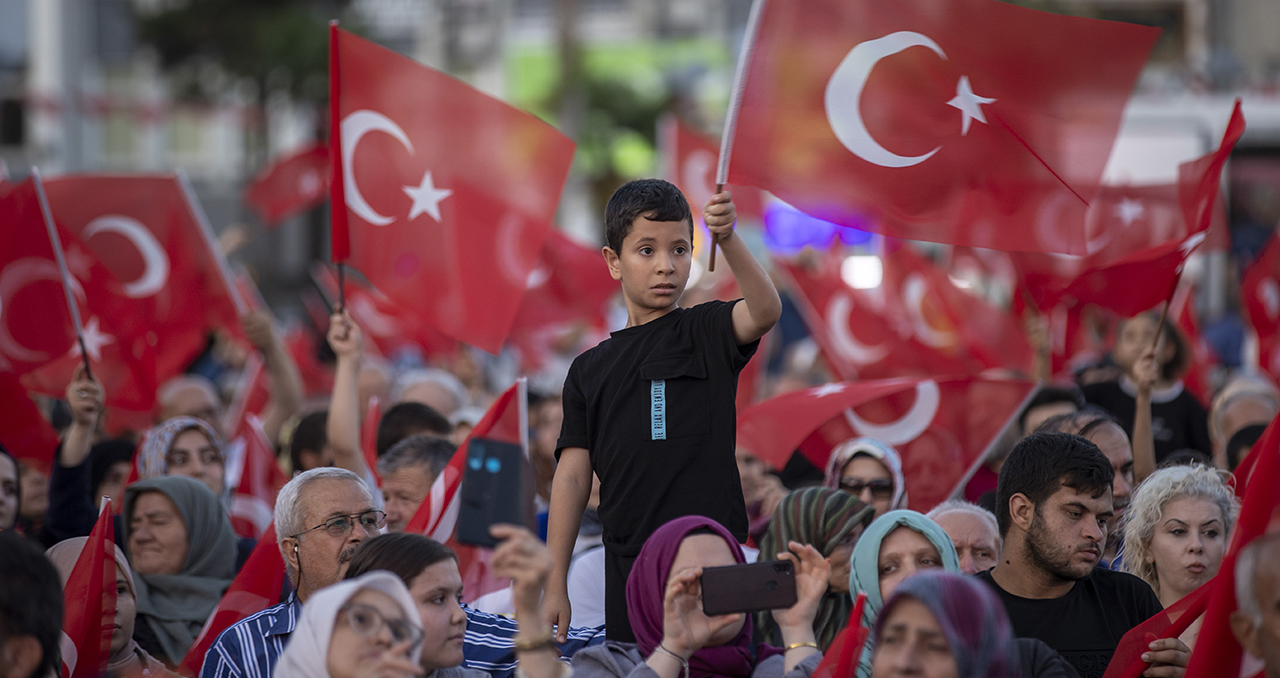There are many reasons to be hopeful about the election results in Bosnia and Herzegovina. After a very long time the Social Democratic Party (SDP) received the highest number of votes in the Bosniak-Croat Federation, and on the state level pulling in interethnic votes by re-electing Ivo Komsic, the Croat member of the Presidency. The election of Bakir Izetbegovic, the son of the legendary leader of the Bosniak independence movement, Alija Izetbegovic, is also a positive development. Bakir Izetbegovic is considered a moderate compared to the former Bosniak member of the Presidency, Haris Silajdzic, who regularly spoke of putting an end to Republika Srpska, further straining relations between Sarajevo and Banja Luka.
The SDP, headed by Zlatko Lagumdzija, has made issues such as widespread corruption and the socioeconomic underdevelopment of the country, an important component of his election campaign. For the first time the Federation of Bosnia and Herzegovina can be ruled by a government that will not resort to ethnic politics. This could be good news for the long-needed EU integration reforms.
The election results in Republika Srpska, on the other hand, reaffirmed the grip of former Prime Minister and current President-elect Milorad Dodik. Dodik once received the unconditional support of the international community as the politician who could transform the ultranationalist structure of Republika Srpska with his moderate social-democratic agenda. He is now at the forefront of ethno-nationalist politics in Bosnia and Herzegovina. Dodik and his Alliance of Independent Social Democrats (SNSD) have already threatened the international community and Sarajevo with going forward with a referendum on independence. The SNSD and Dodik control the media and politics in Republika Srpska. Their policies are reminiscent of those that belonged to Radovan Karadzic, Republika Srpska’s wartime president and war criminal currently standing trial at the International Criminal Court (ICC) in The Hague for crimes against humanity.
There is a long list of things-to-do for Bosnia and Herzegovina. The country lags behind all its neighbors on its integration in Trans-Atlantic bodies. The Dayton constitution, configured to put an end to the war in December 1995, is too complicated and dysfunctional to complete the reforms needed by the EU integration process. Membership in NATO will bring an end to the discussions regarding the territorial integrity and security of the country once and for all, but the Membership Action Plan (MAP) requires Bosnian politicians to agree on a crucial reform of the State Property Law that would allocate the former military bases of the Yugoslav army to the Bosnian army. This reform needs essential cooperation between Republika Srpska and Federation officials.
Turkey actively supports the Euro-Atlantic integration perspective for Bosnia and Herzegovina while defending the territorial integrity of the country amid threats of a referendum on independence by Republika Srpska politicians. Turkish Foreign Minister Ahmet Davutoğlu has introduced a trilateral consultation mechanism between Serbia and Bosnia and Herzegovina that allowed a happy breakthrough when both parties mutually agreed to approve ambassadors.
Furthermore, the Serbian parliament issued an apology to families of those killed in Srebrenica in July 1995, helping thaw ties between Sarajevo and Belgrade substantially. Serbian President Boris Tadic’s presence at the commemoration ceremony of the Srebrenica Genocide in July of this year alongside Turkish Prime Minister Recep Tayyip Erdoğan was remarkable.
It is no secret that the Republika Srpska political leadership is furious about the assertive Turkish politics in the country. Dodik travelled to Tel Aviv to show his support to Israel in the wake of the flotilla incident (the May 31 attack by Israeli security forces on the Gaza humanitarian aid convoy which took place in international waters and ended with the killing of eight Turkish and on









